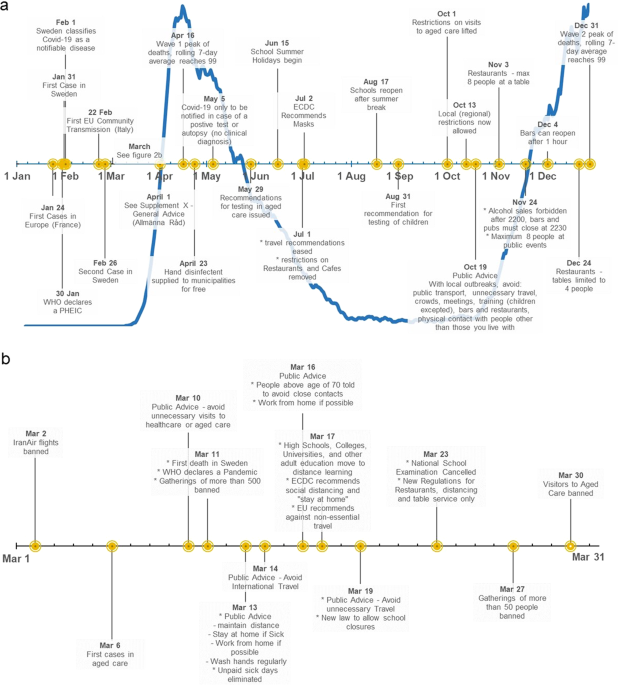I had no reasons nor theories. I was just pointing out that article in isolation that's very damning of Sweden is ironic considering the failures elsewhere. Why was the LA Times talking about Sweden so harshly while the US faired so much worse?!A few posts back, you followed up tuna's post (which denied the Swedes refused care to the elderly, despite wco81's post linking to a report which indicated these things had taken place), to point out that the Swedish death rate was better than the European 'average', but didn't say anything about why you thought this might be the case. Here's a link to wco81's post, incidentally: 4,913
Yes. I wasn't presenting theories.I think you'd surely have to agree that the available evidence points to the fact that the higher deathrate in Sweden (in comparison to their Nordic neighbours) was due to their policy
Incidentally, Shifty, I thought it was well-understood that the actual numbers of deaths during the Indian Delta wave was many multiples higher than the official numbers? It was widely reported last year:
The problem is that you assume I'm presenting an argument in favour of a viewpoint even when I'm just asking questions. "I don't know how accurate their data is though." I was just referencing a point in the graphs as provided where I grabbed those graphs from OurWorldInData with more info after wco81 asked specifically about India. By presenting that "I don't know", someone else can follow up with better explanations. Which is also true of the generally poorer nations. Which was something I suggested...
There's a whole host of theories there to consider, followed by a hope that someone would investigate them properly and honestly. That governments wouldn't try to cover up what happened out of some misplaced sense of pride, and that other parties won't try and skew the data to show a particular narrative that isn't representative of reality.Is that indicative of it largely being dependent on co-morbidities which wealthier nations have more of due to excessive lifestyles and better health-care? Or is that trend just from low income nations abandoning reporting that much earlier? Or did a lack of restrictions early on establish a baseline herd immunity on a weaker version of the virus which was subsequently reinforced from successive waves of variants, whereas the nations that resisted the disease most were more susceptible to the more dangerous strains that developed?
¯\_(ツ)_/¯

